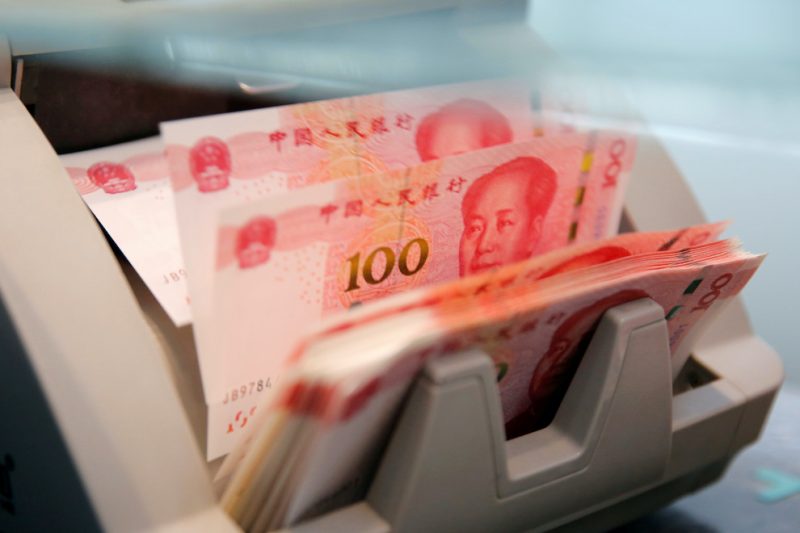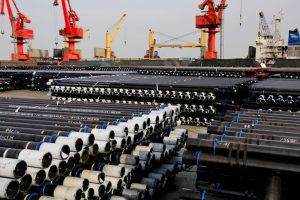India’s biggest private lender, HDFC Bank, facilitated a domestic cement maker’s recent yuan trade purchase of Russian coal.
The controversial yuan trade shows how Russia could continue to sell commodities abroad without settling in US dollars despite sanctions imposed over its invasion of Ukraine.
According to an invoice dated June 5, HDFC Bank backed cement maker UltraTech‘s purchase of Russian coal from producer and trader SUEK for 172.7 million yuan ($25.74 million).
The letter of credit for the deal was issued by HDFC Bank’s Andheri East branch in suburban Mumbai, according to the invoice.
The dollar is the currency of choice for global trade in raw materials, but some traders say the yuan trade could be increasingly used to settle payments for supplies from Russia.
In the invoice, SUEK requests UltraTech remit the 172.7 million yuan to SUEK’s account at the Shanghai branch of China Everbright Bank. SUEK lists the Hong Kong branch of international lender HSBC as the correspondent bank.
A correspondent bank acts as a middleman in the transfer of money from one bank to another. Reuters could not determine if a payment had been received by China Everbright or if HSBC or any other bank was involved in a transfer of funds.
HDFC Bank and HSBC declined to comment. UltraTech, SUEK and China Everbright Bank did not respond to requests for comment.
Ultratech Agreed to Settle in Chinese Currency
It was not clear from the invoice which currencies were used to effect the yuan payment.
The amount listed was quoted in Chinese yuan and follows a report last week that UltraTech imported 157,000 tonnes of coal from Switzerland-registered SUEK and agreed to settle the final payment in that currency.
For India, the yuan trade could become more common as it seeks to maintain trade ties with Russia for commodities including oil and coal without the risk of contravening Western sanctions.
India has deep political and security ties with Russia and has refrained from condemning the Ukraine war.
India’s energy imports from Russia have soared recently as traders, unable to sell into many Western markets, have offered steep discounts.
New Delhi defends its purchases of Russian goods, saying they are legal and that a sudden halt would inflate prices further and hurt consumers.
Greater use of the yuan trade to settle payments could help insulate Moscow from punishment and bolster Beijing’s push to further internationalise the yuan and chip away at the dominance of the US dollar in global trade.
It is, however, still rare for an Indian firm to agree to settle a trade with a non-Chinese company in yuan.
In the absence of sanctions, overseas payments to Russian commodity and energy companies would typically be made in dollars via SWIFT to Russian accounts.
- Reuters, with additional editing by George Russell
READ MORE:
China’s Move to Slash Inbound Traveller Quarantine Lifts Yuan
China’s Yuan Reserve Pool Seeks to Limit Dollar Dominance
Explainer: Why China’s Yuan is Weak and May Get Even Weaker
























